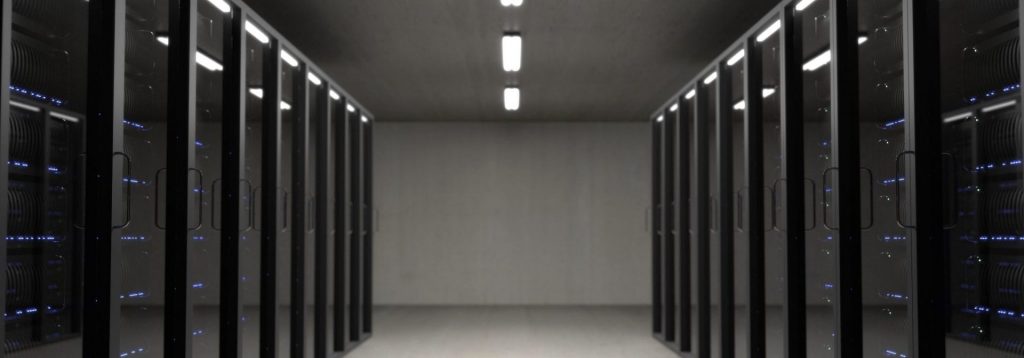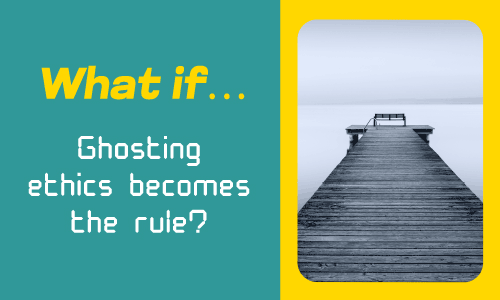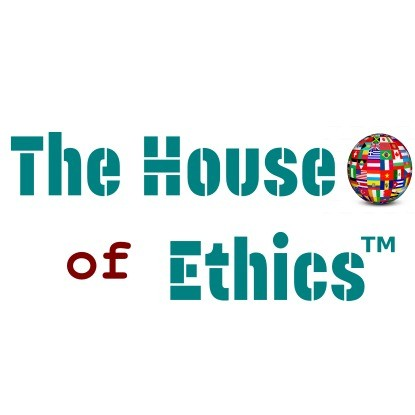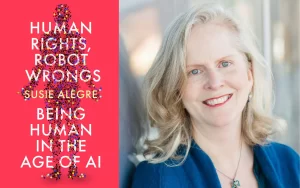Open What? Confidentiality in digital times.
Open What?
Confidentiality in digital times

Confidentiality and innovation
Innovation is one of the major keys to business strategy. It is often shared by many business departments ranging from DSI, Supply Chain, Marketing to Production, and more.
Managers expect services to be able to keep up with the evolution of technologies, new processes, their use, and in some cases, invent new usages.
Marc Frechet & Aude Martin conducted a study on over 2.288 innovative European companies published in the magazine “M @ n @ gement”; based on several European CIS (Community Innovation Survey, still carried out today).
They observed that the majority of the companies’ innovations activities are generally placed under the seal of confidentiality either through an innovation kept secret or through filing of a patent.
This confidentiality can affect the source data, the initial analyses, the tools developed (source code) and the deployment processes.
Of course, this strategy is reassuring because we ensure that all the benefits of innovation will be internalized.
In my opinion, this advantage is an illusion that reassures only those who believe in it. I do believe in a controlled open source / open data strategy.

Confidentiality does not exist
A secret no longer exists as soon as it shared by a second person.
This adage, repeatedly verified in my professional experience, shows me that confidential information never stays so for very long.
Each project, analysis, reflection on innovation requires teamwork, which also grows as the project progresses.
Any phase of innovation has to go through, at a minimum, several of these actors:
- an external partner, in the event of a need for additional resources or skills
- with colleagues on coffee breaks around the coffee machine sharing current files
- a presentation to top management if the file is strategic
- investment validation with financial partners
- a presentation to human resources and unions in the event of an impact on working conditions
- a presentation to the operational teams
- a request for authorization from the authorities if it affects regulations (example: cameras, drones, etc.)
Is confidentiality compatible with open digital times?
As explained by Emmanuel Kessous en 2012 in a qualitative study on the management of confidentiality on electronic messaging in a company in “Réseaux”, the notion of “confidential” remains relative according to the various stakeholders who append their interpretation according to their role in the company.
The person in charge of a service can, for example, integrate an expert for an analysis, in spite of all the communication, brochures and any awareness actions carried out on the sensitivity of the subject.
In the end, it is interpersonal relationships and the company culture that decide whether or not a secret is disseminated within the organization.
In addition, given that the professional world is increasingly mobile (1 in 5 people in France change jobs or businesses every 5 years, 2 in 5 people in the world of industrial executives, source DARES), it is likely that within a project where approximatively 30 people are involved, directly or indirectly, at least one of them will switch companies within 6 months.
What is the percentage of hope to keep the information, a project or an idea confidential?
None, and if bad luck persists, the defector will be technical in which case the entire project can be rebuilt in record time by a competitor.
I invite you to resume with a very concrete example, and suggest to google: confidential.
This search will allow you to find PDF documents referenced by Google with the term “confidential” in their text.

The exercise in French has listed confidential internal documents from French ministeries, more or less sensitive (from school presentation support for colleagues in the ministry to the technical description of software from the National Agency for Secured Titles).
For my part, I was able to easily access Crédit Agricole’s (a banque) conventional remuneration grid in 2018.
So it was easy for me to exactly know the salary of an executive, a director etc …
Quite useful for my future hires!

Privacy in the digital age, where one click is needed to enter the world, is ultimately a minor security that can last between 3 to 6 months before elements of a given project start to leak.
On very rare occasions it will stay a source of competitive advantage over time.
Open source is not an engineer's dream
One of the most representative examples of open source is the most used operating system on servers around the world today: Linux.
While its principle has proven itself in IT, the rest of the business sectors remain pessimistic about the actual application of this approach in their fields. Google and Amazon servers chose this solution for 3 main reasons:
- resilience: bugs and security vulnerabilities are quickly identified and resolved by the community
- performance: the system is constantly being improved to be optimized
- agility: the development of a new feature or a new distribution is faster than the players and its uses are numerous.

These 3 advantages are applicable to innovations of any type (technological, managerial) and in all sectors: Marketing, Supply Chain, Training, Administration, Finance, Crafts, etc.
As a matter of fact, any new production method, new training through virtual reality, new financial product, can be made available in open source.
It only needs bits of technical communication and details of its innovative implementation.
Why ? Because the same idea has probably already germinated amongst the company’s competitors through a new hire or leaked information. Open source is therefore a winning approach for everyone:
- competitors gain a few months of research & development
- the company that shares its innovation secures it over time by integrating other players into it to derive the benefits of open source: resilience, performance and agility.
How many innovation files have been stopped for lack of means to keep the tool over time, or the unability to move the tool to an industrial stage due to lack of performance / agility!
- Supply Chain & Logistics Executive
- Latest Posts

“To live without a goal is like cruising without a compass”
Passionate about human organizations, I am interested in anthropology, psychology, sociology, economics & history. During the week I get up every morning to support the transformation of the warehouses and the Supply Chain. In our studies or in our work, ethics must take its place to accompany our faculty to judge our ideas and our actions. Ethics must be the compass that guides our decisions.





